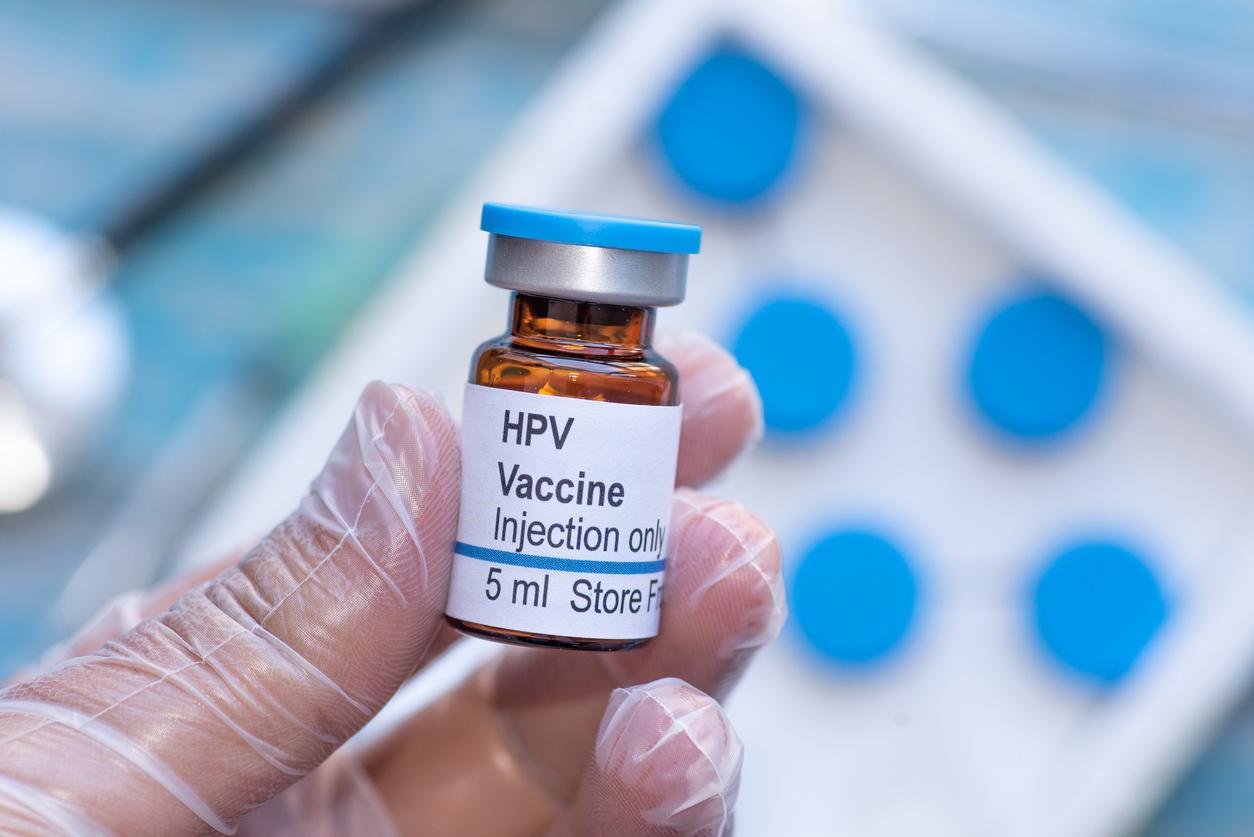A clinical trial of a vaccine against infectious disease Zika has been set up, according to a press release from the NIAID (National Institute of Allergies and Infectious Diseases). At least 80 healthy volunteers aged 18-35 are expected to participate in the trial, which assesses the safety and ability to generate an immune system response of the experimental vaccine in participants.
A vaccine against Zika safe for humans
This experimental vaccine against Zika consists of a small, circular piece of DNA called a plasmid that scientists have designed to contain genes that code for Zika virus proteins. When the vaccine is injected into the muscle of the arm, the cells self-assemble into virus-like particles. The body mounts an immune response to these particles. DNA vaccines do not contain contagious materials, nor can they cause infection in a vaccinated individual. “They have been shown to be safe vaccines in previous clinical trials for other diseases,” NIAID recalls in its press release.
The risks of Zika virus contamination
If virus infections Zika are usually asymptomatic, some people experience mild illness that lasts for about a week. However, infection with Zika virus during pregnancy can cause a serious birth defect called microcephaly. However, there are no vaccines or specific treatments to prevent or treat the Zika virus.
“A safe and effective vaccine to prevent Zika virus infection and the devastating birth defects it causes is a public health imperative,” said NIAID Director Anthony S. Fauci.
The first results of the NIAID vaccine tests are expected to be released in January 2017. If they are satisfactory, a second phase of clinical trials in countries where the virus is endemic should be set up.
Read also:
Sexual transmission of Zika virus confirmed
Zika virus targets cells that make up the cerebral cortex
Zika: you have to wait 8 weeks before conceiving

















